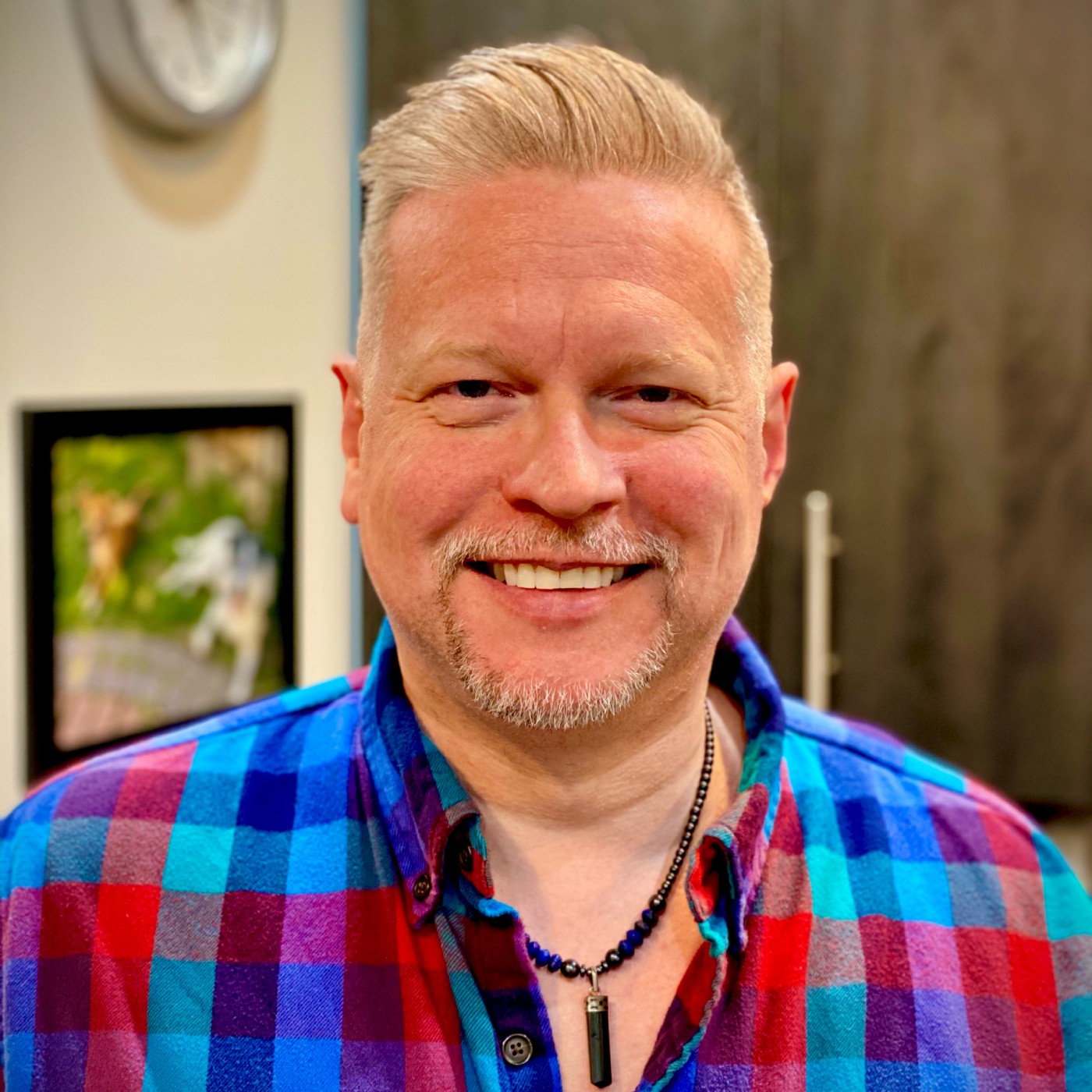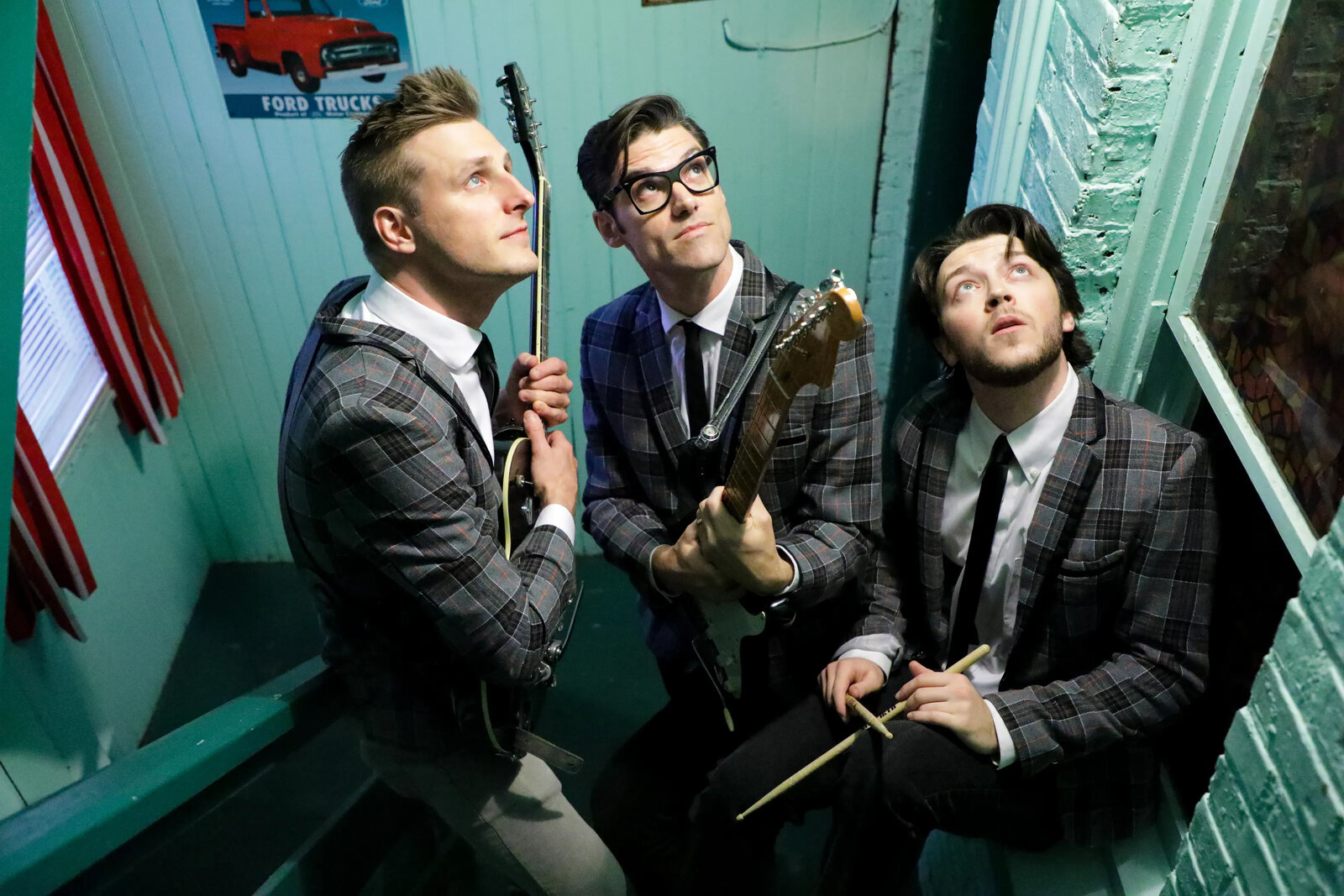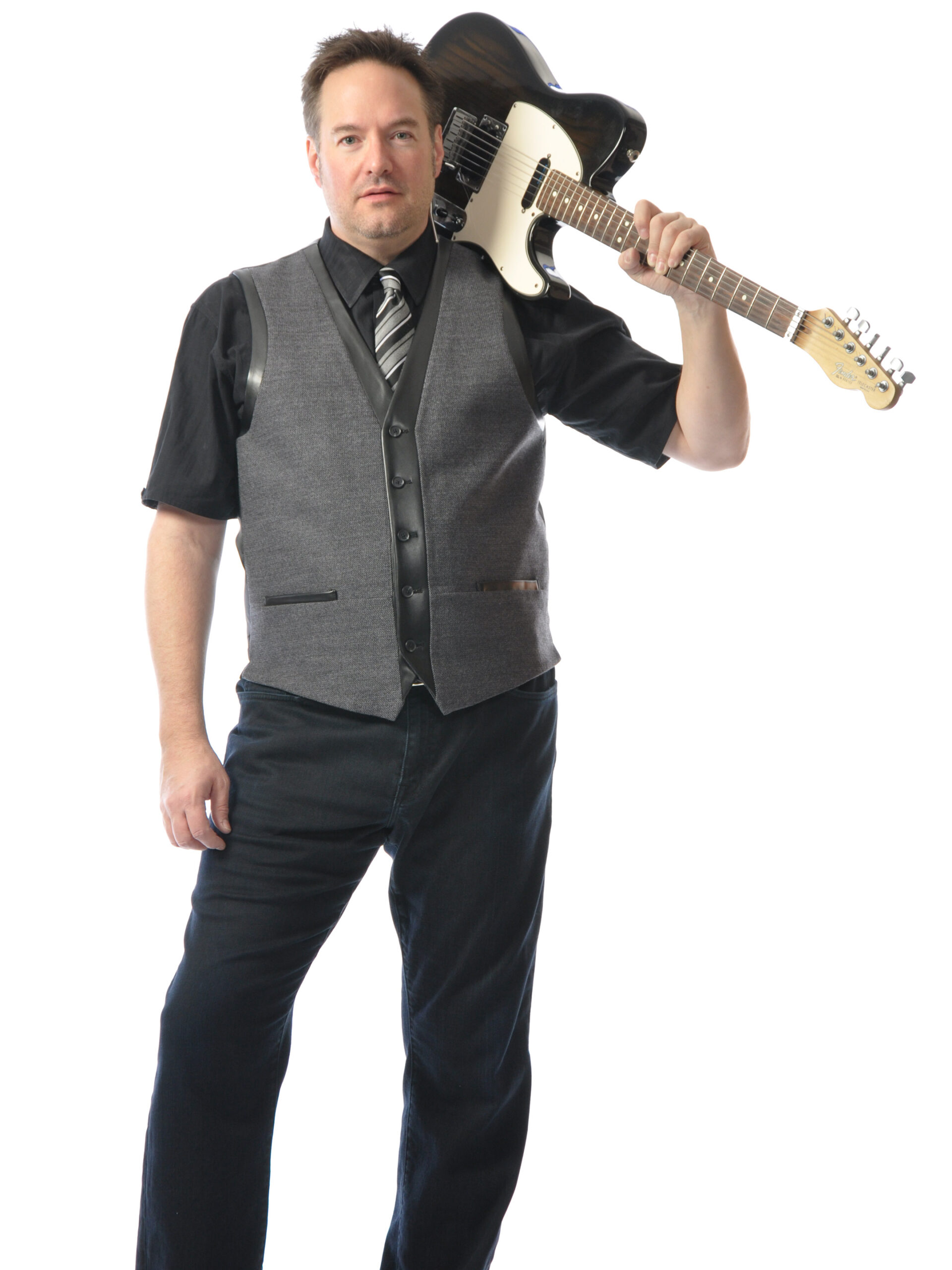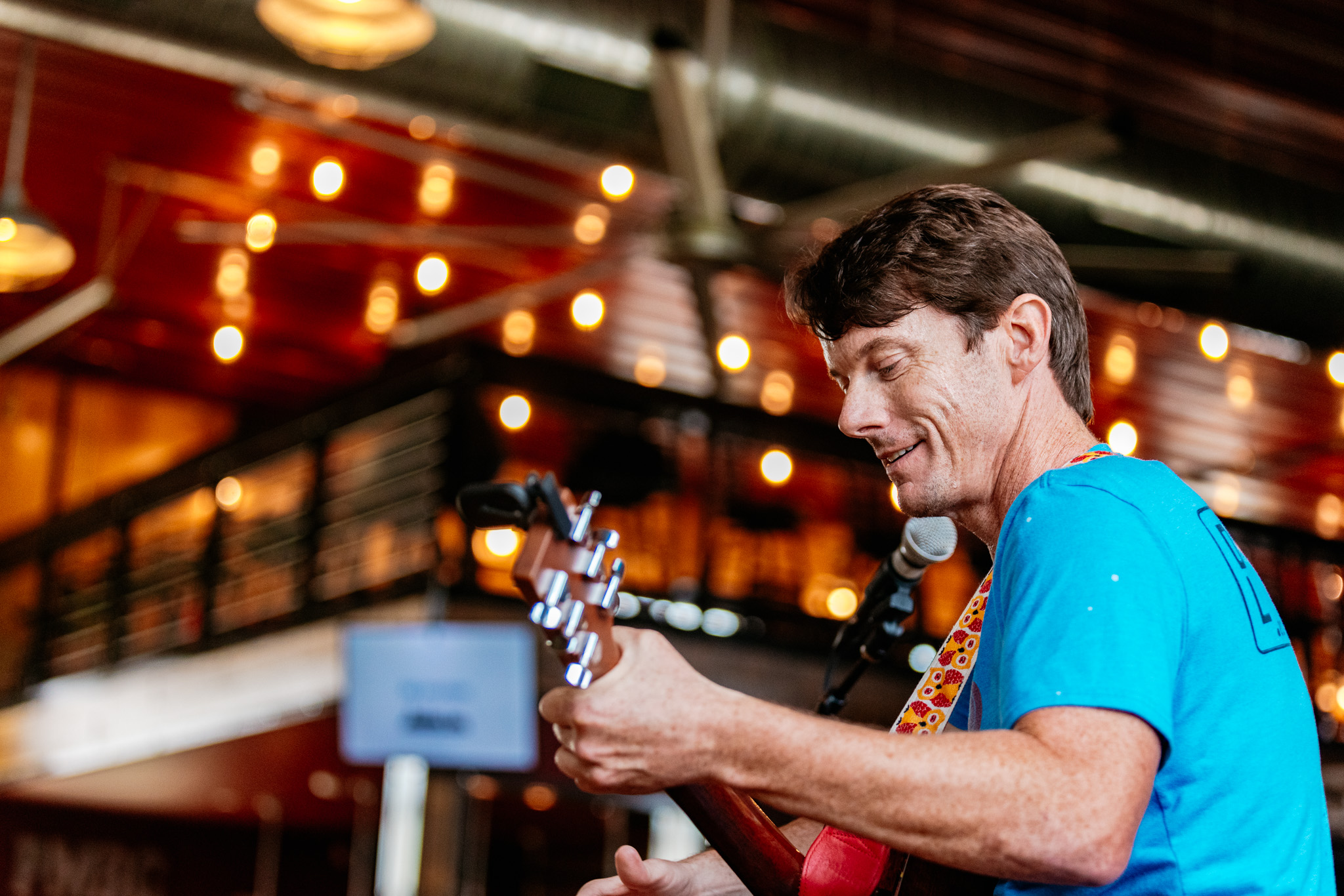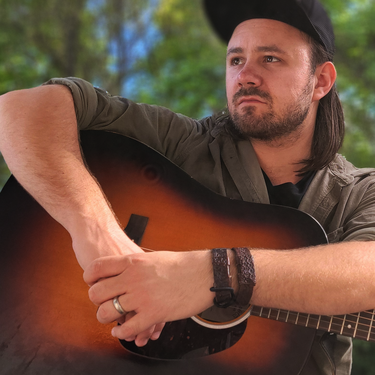Can you share your musical journey with us, from when you first discovered your passion for music to where you are today as an independent musician?
For as long as I can remember, I have loved music. I remember dancing around my parent’s living room as a kid, lip syncing to the records they had—mind you, this was the early ‘70’s and my parents weren’t hip! My dad was stuck in the 1940’s with the big band era and my mom went down an easy listening rabbit hole! I was lip synching to The New Christy Minstrels and the Carpenters. But I loved the feeling music and song gave me.
When it came time to go to college, the only thing I could think to do was music. I applied to several colleges and Coe College in Cedar Rapids, Iowa, gave me an impressive scholarship. So, I set my sights on being a school music teacher.
While at school, I was one of the only drummers at the time and kept getting pulled to all the ensembles to play—and I found I really didn’t like kids much—so I changed my major from education to performance.
I fell in love with a large cousin of the xylophone, the marimba, and spent hours perfecting my craft. I was going to be the first world class marimbaists with a purple mohawk. It was the 1980’s and I loved messing with my hair. For my junior percussion recital, I had finished directing my church choir for the morning, went to the mall and had them shave my hair into a mohawk and color it purple. I walked on stage with a purple mohawk in a black tuxedo—I thought it was stunning. It was a good thing I could play, because the classically focused faculty was not thrilled with the theatrics. The jazz and pop teachers were more supportive.
During college, I shed my protected, suburban background and began to discover who Paul David was—or was supposed to be. I, quite by accident, discovered my sexuality was not what I thought it was going to be. At college, I met my soul mate and tussled with my queerness bouncing from girlfriend to boyfriend as I discovered who, and how, I loved.
I truly loved my college experience. It was everything college should be. However, when I graduated, I found not everyone was beating down my door for a purple mohawked classical marimbaist.
Not really knowing where to begin, I got a job in a corporate-run record store. It really didn’t pay enough to free me from my debts, nor did I have enough time being on salary to become the rock star (or classical marimbaist) that I wanted to be.
I also got a job at a local church, where I was very comfortable. I also found I had something to say. And in my heart, I was really a rock and roll baby. While working for the Metropolitan Community Church in Minneapolis, I sold my marimba and bought an electric keyboard that I could program with percussion, bass, horns—all the things I needed to take the music ministry I was working with to a higher level. In fact, that is still my main keyboard 25 years later in my home studio.
While working with the church, I got to write and arrange a lot—and work with volunteers. I polished my skills in not just composition and performance, but team building. That career path resonated with my soul.
However, the Universe decided it was time for Paul David to grow. I left that role for financial reasons and over the next two years, all I knew in my personal life was to be torn down to make a new creation. I ended a 15-year relationship when my partner got into drugs. That adventure ended up with losing not only my relationship, but my home. The music went dormant for a while too. I was playing in a few pit orchestras, but the personal music creating was put on hold until I was asked by the local LGBT orchestra to write something for them. 2006 saw the birth and world premiere of “Emergence”—a tone poem inspired by the coming out process written specifically for the Minnesota Philharmonic Orchestra. Shortly after that, I met the man who I would marry, Tom.
As we put our life together, I began writing again and took a role with another church in their music department. When the pandemic hit, I had a lot of time to work in my studio and began churning out the music I am releasing today.
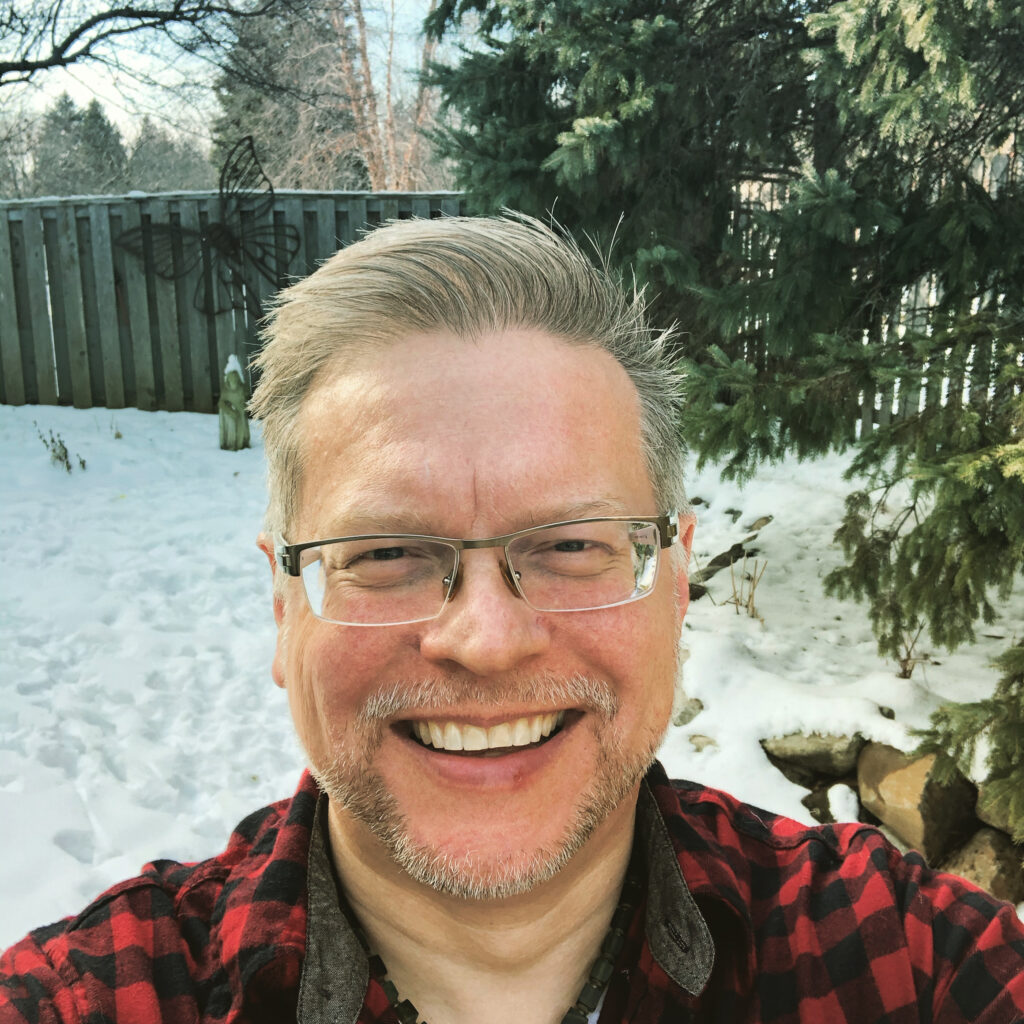
What motivates you to create music, and how do you stay inspired to continue making new and unique music?
I have to create. It’s how I’m built. The direct inspirations come and go, as they do with most artists, but I have to create. A great word or great line might motivate me to create something around it. A cool sound or groove might start an inspiration, but then, as with all artists, it is run through my filter.
Take for example, “Show Me the Sizzle”. That started out inspired by the groove on “Get Me Bodied”. Now, I am certainly no Beyonce, so that inspiration morphed into something that isn’t at ALL like “Get Me Bodied.”
My music and sound is definitely unique. There are elements of the familiar, but all filtered through my lens which is filled with harmony, rhythm, hidden elements, groove and fun.
As for staying inspired, sometimes it’s hard. My sound and genre are difficult to classify (and the genres change from song to song). Getting on specific playlists so people can hear me can be deflating. When that happens, I just wait for the next day and jump back in the pool. Defeats and haters will come. And it’s OK to feel something when that happens. But it’s what you do AFTER that that counts. Get back on that horse and do that thing again. Tenacity and resiliency are crucial in this business.
As an independent musician, you wear many hats – from composing to marketing. How do you balance these different aspects of your career, and what challenges do you face in the process?
Many hats is exactly what it is. When you’re in the creative mode, you need to just create—not worry about how you’re going to sell it. As an independent musician, I don’t need to worry about pleasing others with my creations, which brings with it a certain freedom. However, as an independent musician, there is no one writing me checks to bring my creations to life, much less share them with the world. It’s harder to get heard and get your music in front of the fans who have never heard of you. There is SO MUCH content creation going on—which is amazing—but that also means so much competition for the attention of your potential fans.
So then you put on your marketing hat, where you really need to take a critical look at what you’re creating and get it to the right places so the right people can hear it. That is much harder when you’re a multi-genre composer like I am. Just this year I have written piece in the classical, new age and pop genres. Each completely different. THAT is a marketing challenge!
The balance is about controlling your calendar. Make time for the marketing. Make time for the creating. Block those spaces out so you know when you need to focus. Of course, if the muse strikes you’ll need to modify that calendar, but don’t dismiss the marketing because it is less fun than the creating. That’s where hiring some help comes in handy… but, again, no label is writing you a check so you need to budget for it.
Could you tell us about your creative process? How do you come up with new ideas for songs, and how do you go about turning those ideas into finished tracks?
It all depends on the muse. The music needs to go where the music needs to go.
I usually begin with the whisp of an idea…perhaps a groove idea…perhaps a chord change… perhaps a great line. I may sit at my drums to find the groove or perhaps I find a sound on my synthesizer and see where that takes me. Sometimes the music comes first… sometimes the lyrics come (and those just generally sit in a pile until I need something to match to the music). Sometimes the whole thing comes along together or sometimes it comes in chunks. I have stacks of “works in progress” that may never be fully realized songs. BUT, all those stacks are resources if I get stuck while writing.
I find most recently that my process is simultaneous. I am writing words and music together. Each inspires the other. I am not bound by having to have a traditional chorus (Artist’s Prayer and elegy (for David) don’t have any choruses—like the Biblical psalms). As I said, the music needs to go where the music needs to go.
Independent musicians often face financial challenges. How do you manage your finances to sustain your music career while also covering your personal expenses?
Well, I make almost nothing on my music online. Streaming service, while amazing for exposure and ease of getting music, are horrible at paying artists. So I have a day job to support my music.
I encourage everyone reading this to purchase the music you listen to directly from the artist. You can still stream it, but we see fractions of a penny per stream. You purchase of our MP3’s or CDs or Albums give us more money to make more music for you to listen to.
My gig work (and day job) gives me the finances to make more music.
Can you share a particularly memorable or challenging experience from your journey as a musician that has had a significant impact on your career and personal growth?
With the rise of digital platforms, the music industry has changed significantly. How do you navigate the digital landscape, including streaming services and social media, to promote your music and connect with your audience?
Well, I am on them all… and they are good for quick shares of your music, but artists make NOTHING on those platforms. I work with Submit Hub to try to get my music in front of bloggers and play list curators. I have had some success with that.
I try to link and share my music as often as possible on my Facebook page and Insta. Interviews like this help me reach a new audience and they can quickly hear my offerings on all streaming platforms.
Collaboration is a key part of the music industry. Have you worked with other musicians or producers, and how have these collaborations influenced your sound and career?
I don’t do a ton of writing collaboration. I do work with Alex Maiers, a phenomenal guitarist here in the Twin Cities. I am a firm believer that the sum of the whole outweighs the sum of the parts, so I try to give him as much freedom as possible to bring himself to the recordings.
On “We Can B Free” he had autonomy to create what he heard from what I sent him. He clearly brought a Queen-like vibe to the Prince-like foundation I laid. What came out of that was amazing, in my eyes.
Working with Matt Fink (of Prince and the Revolution) taught me a lot about how to approach recording and producing a track.
Some of my other musician friends have definitely influenced my sound.
Your music likely reflects your unique style and perspective. Could you describe your musical identity and what makes your sound stand out in a crowded industry?
It took a while to find my sound. It has sort of settled now. For the pop part, it’s definitely about the vocal harmony—too many years in swing choir, perhaps? I have a retro vibe—heavily 80’s influenced—but also tie in elements of current music.
I have a degree in percussion performance, so orchestral and jazz elements are present in my music. I love a good 9th added to any chord.
I would say I am about texture first and foremost. The groove is important, but how you layer things on top is essential.
Take “Sunshine (after the Rain)”. It’s a combination of a few different groove loops and tabla mixed with a processed shaker make up the core groove. Then mix guitar and synth elements for the basic color. Ultra-processed BG vocals give it a unique sound—but the core stacked BG vocals are still there.
There are always layers of sound to what I do. I love including as much acoustic sounds as I can (although I might manipulate them). I think that along with the swing choir or Broadway show influenced vocals are what make me stand out from the crowd.
Many fans are interested in the stories behind the songs. Could you share the backstory or inspiration behind one of your recent tracks that holds special meaning to you?
My next song to be released is called “Show Me the Sizzle”. It started as an idea at my day job: how can you improve the customer experience. The powers that be were toying around with “Show me the money!” from Jerry McGuire, and the owner (or his son) came up with “Show me the sizzle!”. I loved the idea of that—it’s the je ne sais quoi—that thing you bring that you can’t quite put your finger on but separates you from the crowd. It’s that unique thing that each of us has that makes the ordinary extraordinary.
I had a couple of different ideas in mind when I started, but recently had listed to Beyonce’s “Get Me Bodied” in my car. I liked how the claps were the division of the beat and her chant-like delivery of the opening lines drove the story forward. So I laid down an electronic kit beat similar, but not the same, then recorded acoustic claps.
I then laid down some finger snaps on the 2 & 4 and I liked the acoustic feel on top of the electronic drums. I dropped in the 808 kick drum and augmented the electronic snare with a sample to give it a better high end.
I then set out to get into the song… and that’s always an adventure: how do you start? What story drives the song and sets up what follows? I loved the idea of walking into a club and this groove making everyone want to dance. “If y’all don’t know, I’m gonna tear it down” felt like a Beyonce thing to say, so I wrote it! Then it struck me to kill the groove there and “Build it back up right from the ground”.
But the vocals felt thin, so I went back and layered the harmony underneath the lead… it sort of felt Andrews Sisters like, and I grew up in swing choir, so that felt natural (and layered vocals have become part of my sound). I loved the feel… however, it was no longer a Beyonce feel, but I liked it.
The chorus came next. I needed to define what “sizzle” meant. I really liked “takin’ hold the ordinary making it extraordinary”, which I think is really the essence of it—it’s adding something special to the ordinary to make it pop. But what to continue with? I knew it was making things better—elevating them—not settling for less than. It was probably on a rhyming dictionary where I stumbled across the word potentate, which is a ruler and I liked the idea of elevating the cream of the crop. Then finding a word to rhyme with elevate brought me obfuscate—which means to make something less clear. So taking things that are second-rate and classing them up—or hiding their flaws and making them sparkle in SPITE of their imperfections—worked of me. And I have put obscure words in my works before—“Superhuman” has soporific and sudorific in it, so it’s not a first for me.
I then went back for verses two and three. Still thinking in the Beyonce mode, I though a little shady sass would be fun for verse two and it sets up the chorus well.
Then for verse three, I thought I should teach you steps to bring the sizzle yourself—basically, dig deep and just do it.
The bridge/chant section I had early on. The idea to do the BG vocals all relaxed and laid back came at the moment I was recording them. I liked the effect then stacked it in layers. Some are processed, some are dry to give it texture.
Looking ahead, what are your future goals and aspirations as an independent musician? Are there any upcoming projects or exciting developments in your career that you’d like to share with your fans and the audience?
Well, I want to be a rock star when I grow up—although at this point, I think IF I grow up is more accurate. I want to just keep creating positive music and releasing it to do it’s work in the world. When I was younger I for SURE wanted to be a rock star, but now just creating music I love to listen to and allowing it to go out there and do it’s thing is the most important to me.
The next single after “Show Me the Sizzle” is a new age inspired piece called “The Persistent Motion of Water”. That will be great for yoga classes or walks in the woods.
There are a few other things brewing in the hopper, but it’s too soon to talk about those. Follow me on my website to keep abreast of the new things happening—oh, and I am also a tarot card reader, so you can sign up there for a Zoom reading and finally see when your love life is going to settle down! https://PaulDavidMusic.net
